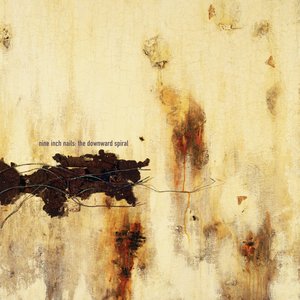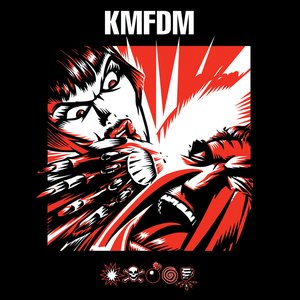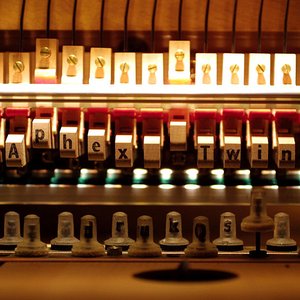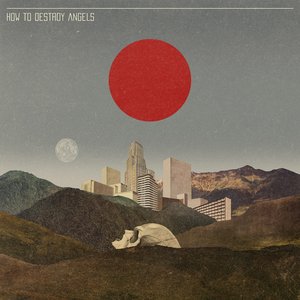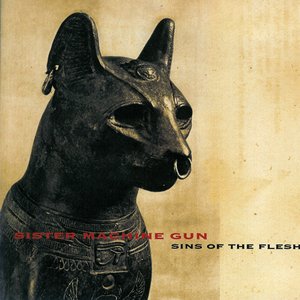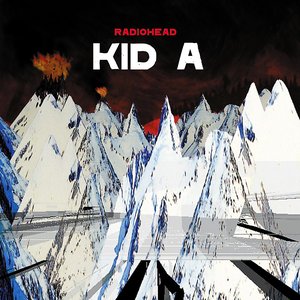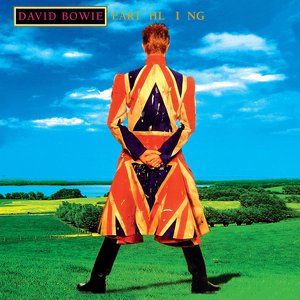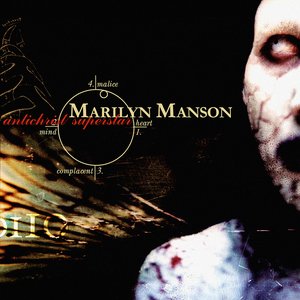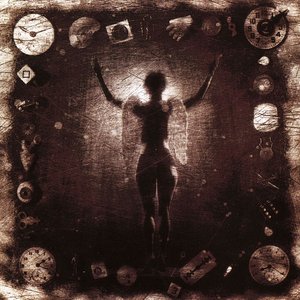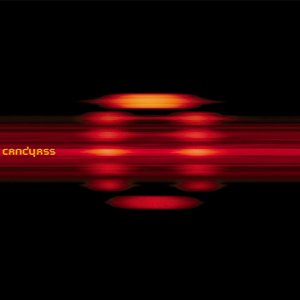Wiki
-
Length
3:21
"A Warm Place" is the tenth track on The Downward Spiral.
The song can be regarded as the turning point of the album. It is the only instrumental, discounting the practically inaudible spoken words at the beginning. Its tranquil and soothing nature highly contrasts with the other tracks on the album, which all contain loud and angry parts. Consisting solely of synthesizer chords and melodies, it remains quiet, tranquil, and reflective throughout. Its structure is very simple, containing only few different chord progressions and a couple of different melody lines.
The song functions as a sliver of hope before the protagonist ultimately succumbs to the inhuman “voice” in his mind. The song is a pseudo-interlude between the bombastic “Big Man With a Gun”, the last proclamation of the protagonist’s ‘human’ side, and “Eraser”, wherein the inhuman side of him finally takes control.
The narrator has begun a drastic change in point of view. He experiences a moment of clarity to truly consider his situation in a way unhindered by intoxicants, or perhaps enhanced by them. Backed by the melancholy piano tune, he realizes who he has become and what he has done. He had known subconsciously before, and he had voiced the varying attributes (the title of "The Becoming" being the most obvious example), but he had not yet come to grips with the real consequences of his character and actions, which differ from the extreme views he had expressed previously. "Warm" contrasts with the cold, indifferent quality of machines, which are sampled throughout the album. This "warm place" relates to the womb or to the rise in body temperature during intercourse, where life begins. "A Warm Place" and "Eraser" may be considered two acts to one song, with the former being critical and necessary for the latter.
Trent Reznor has been accused of ripping off the theme of "A Warm Place" from David Bowie's 1980 single "Crystal Japan". He did state that Bowie's 1977 album Low had the biggest influence in the making of The Downward Spiral, though Low does not contain "Crystal Japan." Some have claimed that what is heard is deceiving; that from a musical theory point of view, there exist significant differences between the structures of the two melodies. Reznor himself recognised the accidental musical similarity in an interview with David Bowie:
"Reznor: There was one point when we were doing the record that I came up with this melody and I thought, "this is really good," and that I couldn't have written it myself. So I played it for Flood and he said "that's really good," and I said "that's gotta be somebody else's song."
Bowie: It's from a gin advert I did in Japan!
Reznor: So I played it for a couple other people and said, "I think this is something off Low, this just sounds familiar… I don't know what it is." So we did it, record's out, and one day I was talking on the phone and I got Scary Monsters, which came out on Rykodisc finally. And so I put that on and it's got bonus tracks at the end. And I'm listening and this song comes on that, to my horror, it's the same…"Crystal Japan."
A barely audible message is heard layered under the track in the very beginning of the song (repeating approximately 6 times.) The words were long rumored to be "the best thing about life is knowing you put it together" but this has been resigned to little more than an urban legend. A user on SoundCloud isolated and filtered the portion of the song in question, and while the speech still can't be made out, it's clear that the line mentioned above is incorrect.
Track descriptions on Last.fm are editable by everyone. Feel free to contribute!
All user-contributed text on this page is available under the Creative Commons Attribution-ShareAlike License; additional terms may apply.
